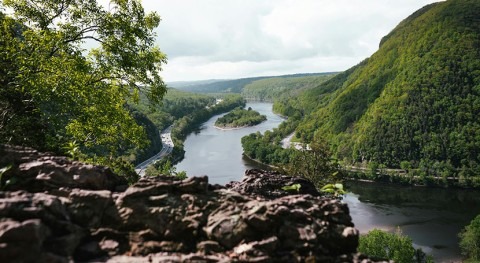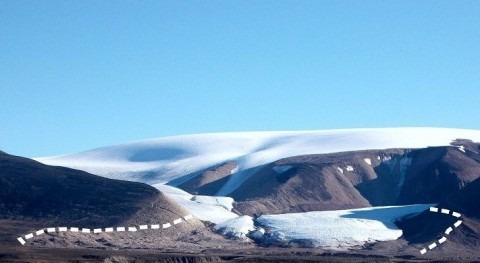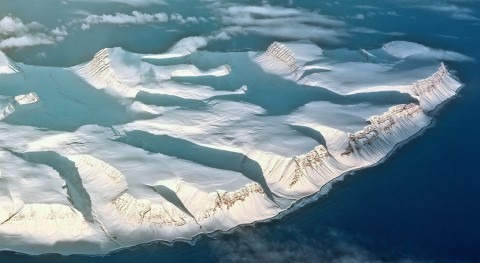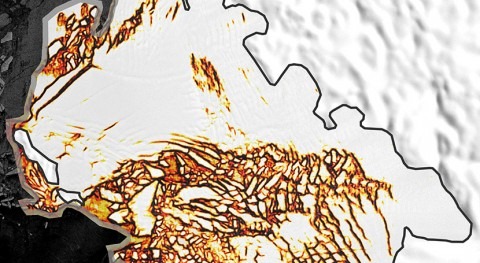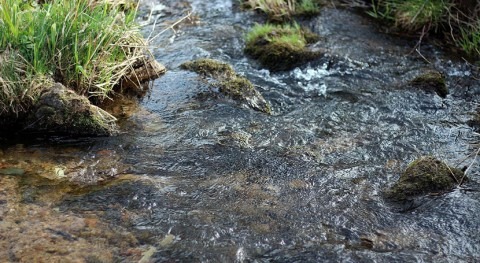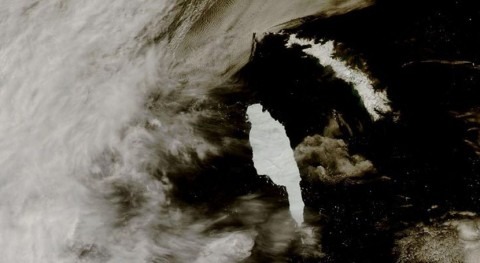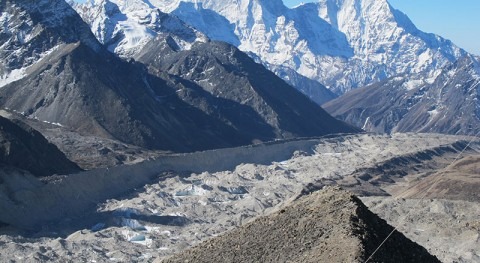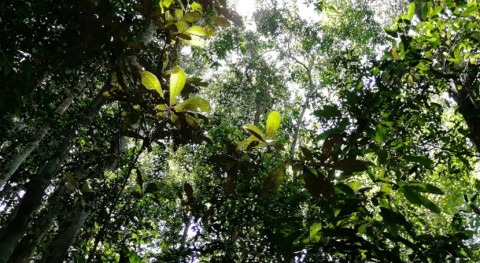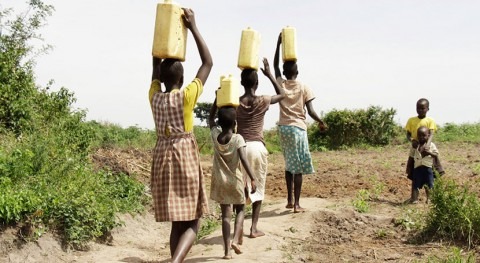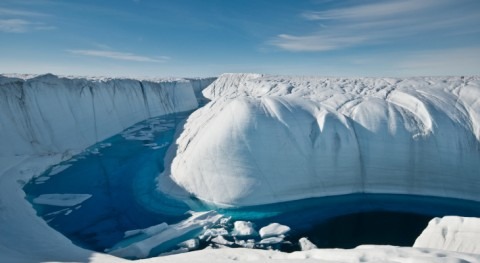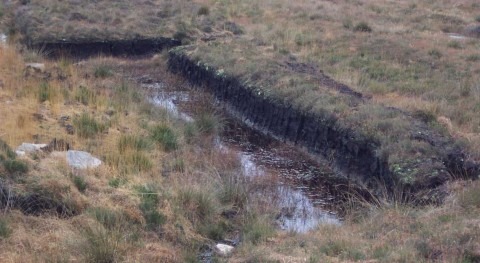Researchers warn that permafrost peatlands in Europe and Western Siberia are much closer to a climatic tipping point than previous believed.
The frozen peatlands in these areas store up to 39 billion tons of carbon—the equivalent to twice that stored in the whole of European forests.
A new study, led by the University of Leeds, used the latest generation of climate models to examine possible future climates of these regions and the likely impact on their permafrost peatlands.
The projections indicate that even with the strongest efforts to reduce global carbon emissions, and therefore limit global warming, by 2040 the climates of Northern Europe will no longer be cold and dry enough to sustain peat permafrost.
However, strong action to reduce emissions could help preserve suitable climates for permafrost peatlands in northern parts of Western Siberia, a landscape containing 13.9 billion metric tons of peat carbon.
The study, published in Nature Climate Change, emphasizes the importance of socio-economic policies aimed at reducing emissions and mitigating climate change and their role in determining the rate and extent of permafrost peatland thaw.
By 2040 the climates of Northern Europe will no longer be cold and dry enough to sustain peat permafrost.
Study lead author, Richard Fewster is a Ph.D. researcher in the School of Geography at Leeds. He said: "We examined a range of future emission trajectories. This included a strong climate-change mitigation scenario, which would see large-scale efforts to curb emissions across sectors, to no-mitigations scenarios and worst-case scenarios.
"Our modeling shows that these fragile ecosystems are on a precipice and even moderate mitigation leads to the widespread loss of suitable climates for peat permafrost by the end of the century.
"But that doesn't mean we should throw in the towel. The rate and extent to which suitable climate are lost could be limited, and even partially reversed, by strong climate-change mitigation policies."
Study co-author Dr. Paul Morris, Associate Professor of Biogeoscience at Leeds, Said: "Huge stocks of peat carbon have been protected for millennia by frozen conditions but once those conditions become unsuitable all that stored carbon can be lost very quickly.
"The magnitude of twenty-first century climate change is likely to overwhelm any protection the insulating properties of peat soils could provide."
The large quantities of carbon stored in peatland permafrost soils are particularly threatened by rapid twenty-first-century climate change. When permafrost thaws the organic matter starts to decompose, releasing greenhouse gases such as carbon dioxide and methane, which increase global temperatures and potentially accelerate global climate change.
The large quantities of carbon stored in peatland permafrost soils are particularly threatened by rapid twenty-first-century climate change.
Study co-author Dr. Ruza Ivanovic, Associate Professor in Climatology at Leeds said: "Peatland permafrost responds differently to changing climates than mineral-soil permafrost due to the insulating properties of organic soils, but peatlands remain poorly represented in Earth system models.
"It is vitally important these ecosystems are understood and accounted for when considering the impact of climate change on the planet."
Study co-author Dr. Chris Smith, from the School of Earth and Environment, said: "More work is needed to further understanding of these fragile ecosystems.
"Remote sensing and field campaigns can help improve maps of modern peat permafrost distribution in regions where observation data is lacking. This would enable future modeling studies to make hemispheric-scale projections."




